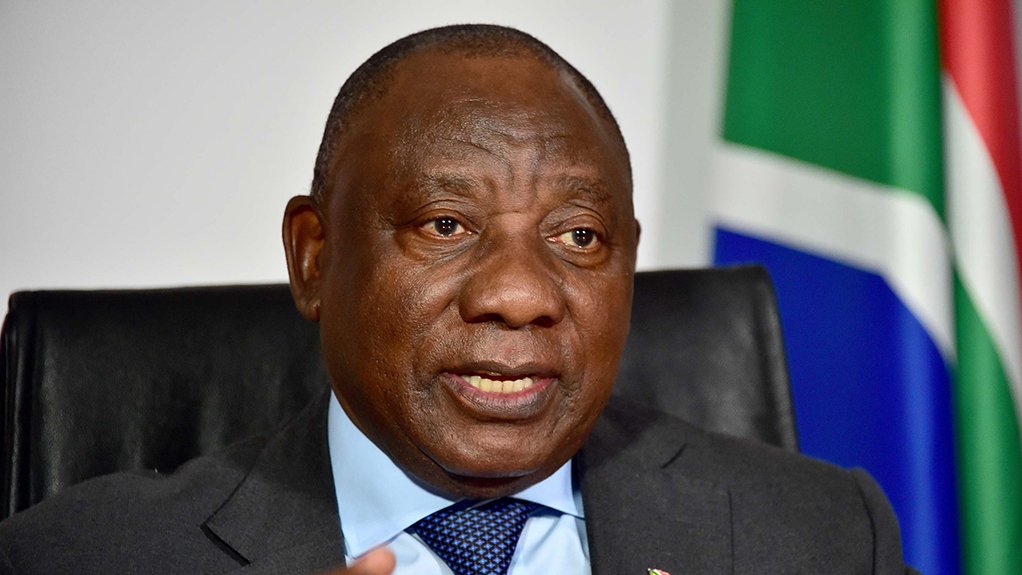President Cyril Ramaphosa expressed his concerns over the potential consequences of the United States’ decision to suspend some of its funding for HIV and tuberculosis (TB) programs in South Africa. The statement came in response to former President Donald Trump’s threat to withhold US funds from the country’s health initiatives, particularly the President’s Emergency Plan for AIDS Relief (PEPFAR), pending an investigation into land expropriation issues. Trump had made it clear that the US would not condone land expropriation practices, a sentiment that has strained relations between the two nations.
In his State of the Nation Address (SONA) on Thursday, delivered in Cape Town, Ramaphosa acknowledged the possible impact that the suspension of funding could have on South Africa’s vital HIV and TB programs. He noted that the US’s contribution represented about 17 percent of the country’s HIV-related funding. While Ramaphosa emphasized the nation’s ability to finance these programs through domestic resources, he also recognized the importance of securing continuous external support to ensure the sustainability of the country’s fight against HIV and TB.
Ramaphosa expressed gratitude for the strides South Africa has made in addressing HIV and AIDS but underlined the urgency of finding interventions to mitigate any shortfalls from the funding disruption. “We are looking at various interventions to address the immediate needs and ensure the continuity of essential services,” he said, stressing the government’s commitment to safeguarding healthcare services for those most in need.
In the same address, Ramaphosa touched upon broader geopolitical concerns, including the spread of misinformation about South Africa’s land expropriation policies. While this issue has drawn international criticism, the president clarified that the country’s actions were aimed at addressing historical land imbalances. Despite these external pressures, Ramaphosa reiterated the government’s commitment to upholding its policies while maintaining constructive relations with global partners.
Ramaphosa also used the occasion to outline the government’s health priorities, particularly the National Health Insurance (NHI) initiative, which is designed to provide universal healthcare coverage for all South Africans. He highlighted that the NHI would help reduce disparities in the healthcare system, ensuring that every citizen has access to necessary medical services regardless of their economic status. The president stressed that the NHI would be instrumental in saving lives by offering a broad package of services, including maternal and newborn care, treatment for people living with HIV, TB, and non-communicable diseases such as heart disease, cancer, and diabetes.
Looking ahead, Ramaphosa underscored the government’s commitment to expanding healthcare infrastructure to support the NHI and provide more accessible and affordable services to the public. As South Africa navigates these complex health and geopolitical challenges, the president emphasized the need for cooperation and practical solutions to ensure the country’s health system remains resilient and responsive to the needs of all citizens.
